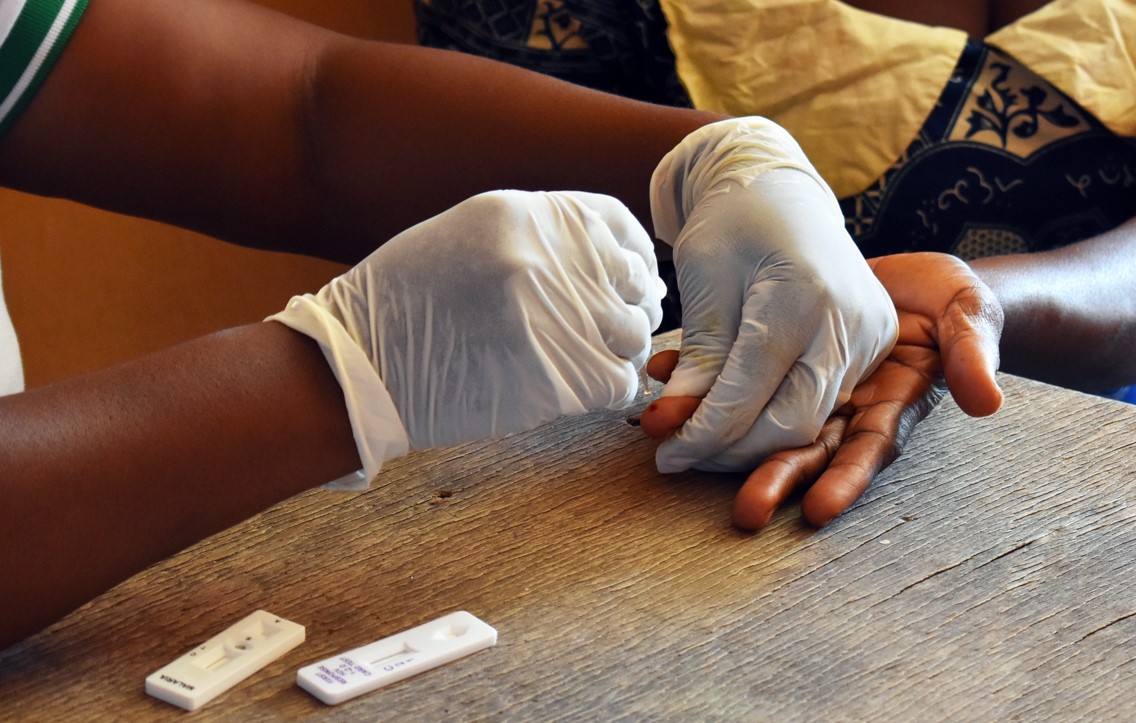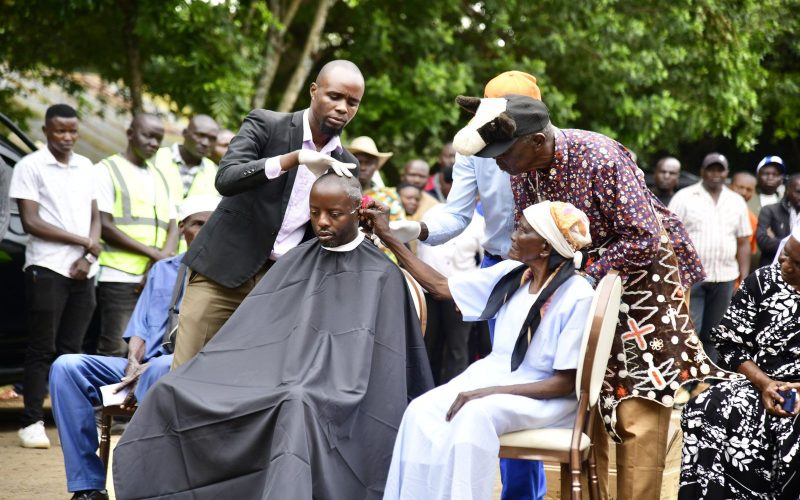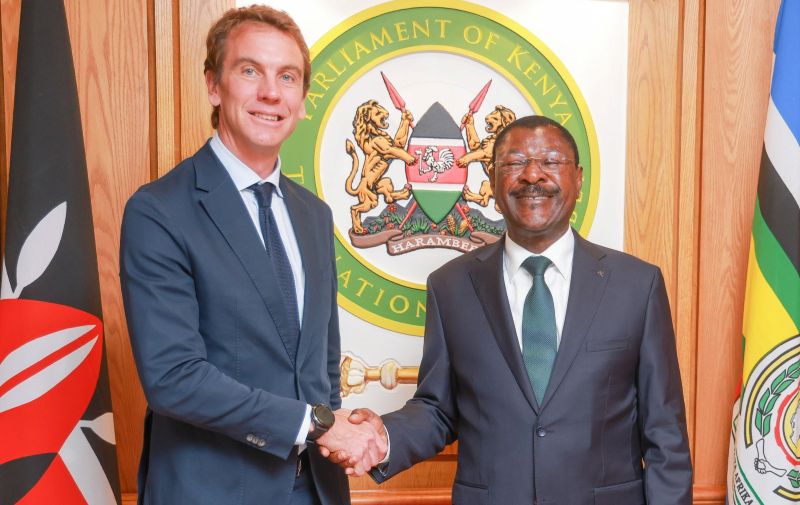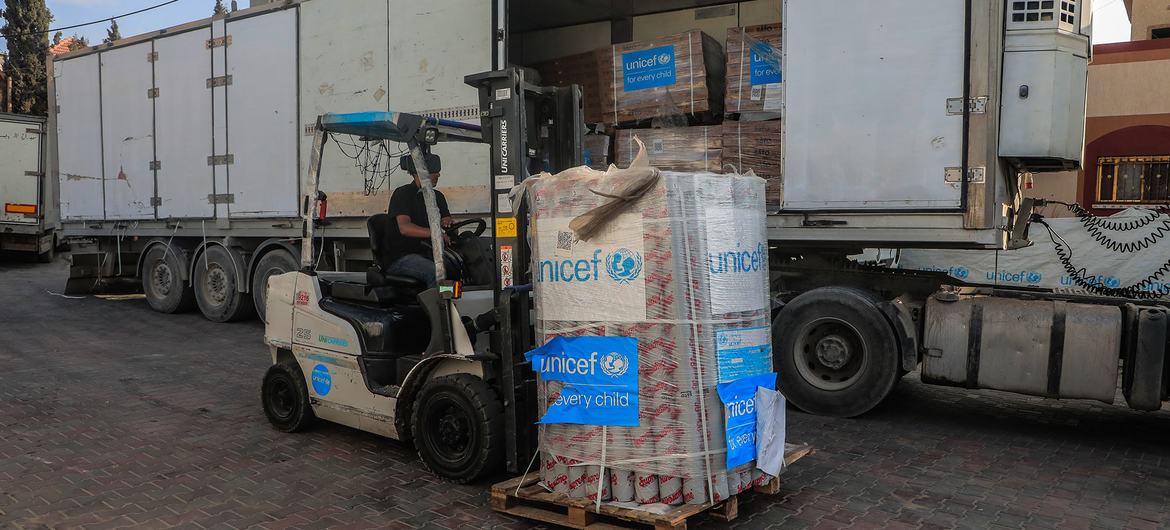Kenya among first 10 nations to implement new HIV testing protocol

Kenya ranks seventh globally in terms of HIV prevalence with an estimated 1.4 million people living with HIV.
Kenya has been selected as one of the pioneering countries to transition to the new three-test algorithm for HIV diagnosis, approved by the World Health Organisation (WHO).
Principal Secretary for Medical Services Harry Kimtai in a statement on Monday revealed that Kenya will transition to the WHO-approved three-test algorithm, positioning the nation at the forefront of innovative HIV diagnostic techniques.
More To Read
- Lenacapavir: A promising breakthrough for HIV prevention in pregnant, breastfeeding women
- Male circumcision is made easier by a clever South African invention - we trained healthcare workers to use it
- 'We feel forgotten': People living with HIV decry stigma as US aid cuts bite
- Kenya sees alarming rise in HIV infections after years of decline
- How Kenya's adoption of single-dose HPV vaccine could boost fight against cervical cancer
- Kenya records over 20,000 new HIV infections in 2025 as Nairobi leads in cases
He pointed out that the decision to adopt this advanced protocol is a response to evolving guidance and evidence presented by the WHO in 2019.
"This protocol means using three different test kits in a defined sequential manner for accurate HIV diagnosis," the PS stated.
The three-test algorithm, which involves the sequential use of three different test kits, promises enhanced diagnostic accuracy, revolutionising HIV testing practices in Kenya.
"The three-test algorithm marks a pivotal advancement in diagnostic accuracy, which is critical in Kenya's fight against HIV and AIDS, underscoring the MOH's dedication to the health and well-being of all citizens," Kimtai added.
Lawsuit
A Chinese company last year sued the Kenyan Government for labelling its HIV testing kits as not up to standard, which led to the company losing out on a contract worth Sh366 million.
It filed a lawsuit against Health Cabinet Secretary Susan Nakhumicha and Attorney-General Justin Muturi, claiming that their HIV testing kit was unfairly classified, causing them to miss out on supplying important testing materials which Kenya is now using.
While acknowledging concerns about the quality of HIV testing services, the Ministry of Health reassured the public of its commitment to upholding the highest standards of healthcare delivery.
Routine capacity-building efforts, independent pharmacovigilance systems, and robust quality assurance measures are in place to monitor and safeguard the quality of HIV testing nationwide.
PS Kimtai stressed the importance of dispelling misinformation and maintaining public trust in HIV testing services.
He urged healthcare providers and citizens alike to continue supporting surveillance efforts and seeking HIV testing services across the country.
The PS said the transition marks a crucial milestone in Kenya's ongoing battle against HIV/AIDS, especially considering the nation ranks seventh globally in terms of HIV prevalence with an estimated 1.4 million people living with HIV.
"As of the end of December 2023, 1,336,234 people living with HIV were receiving treatment at 3,752 facilities across the country," he said.
Kimtai highlighted the substantial progress Kenya has made in HIV treatment and care, with over 1.3 million people receiving treatment across over 8,851 facilities nationwide.
He emphasised the importance of adhering to standardised HIV testing procedures, which include conducting over 8 million tests annually across various public, private, and faith-based testing sites.
"This progress results from consistent policy guidance by the Ministry to support and ensure accurate and safe HIV testing, comprehensive care, and prevention services for all Kenyans," Kimtai added.
Top Stories Today













































